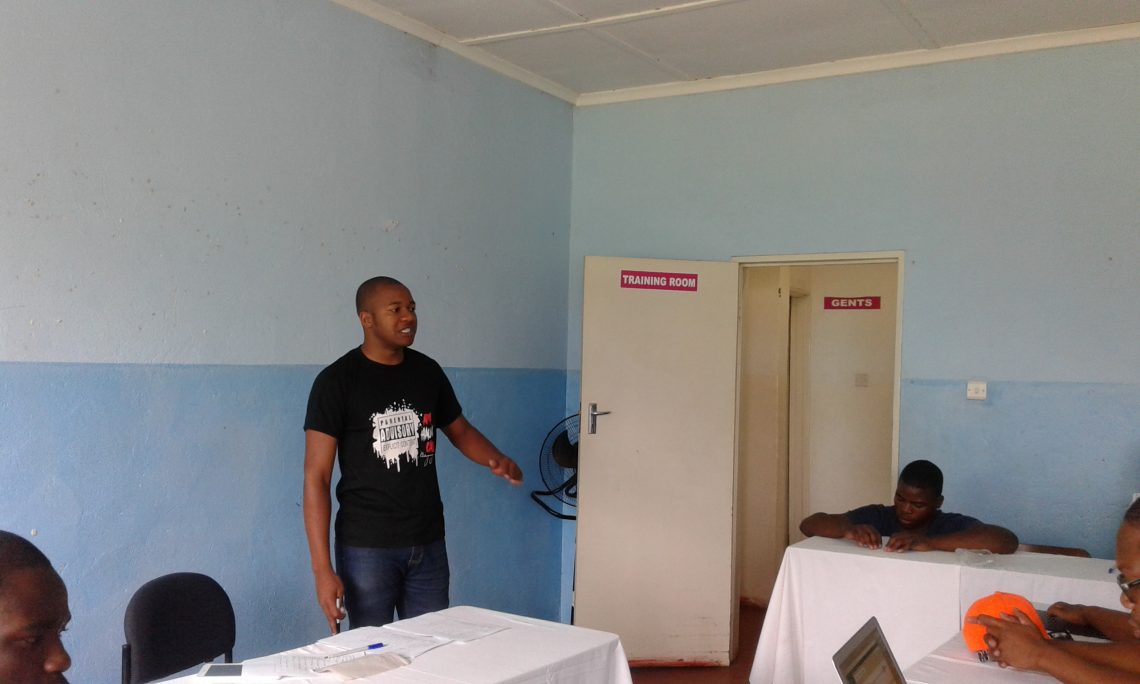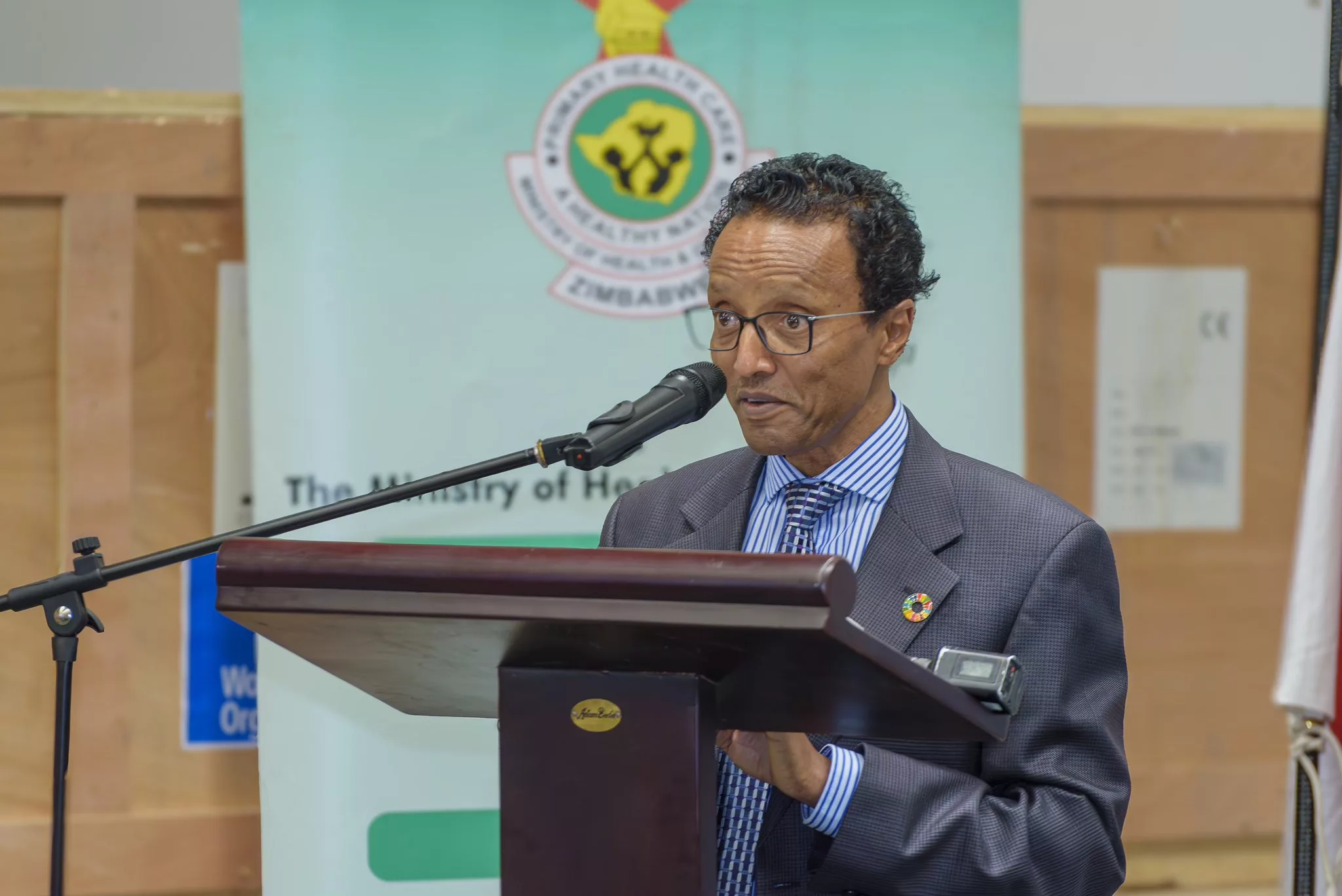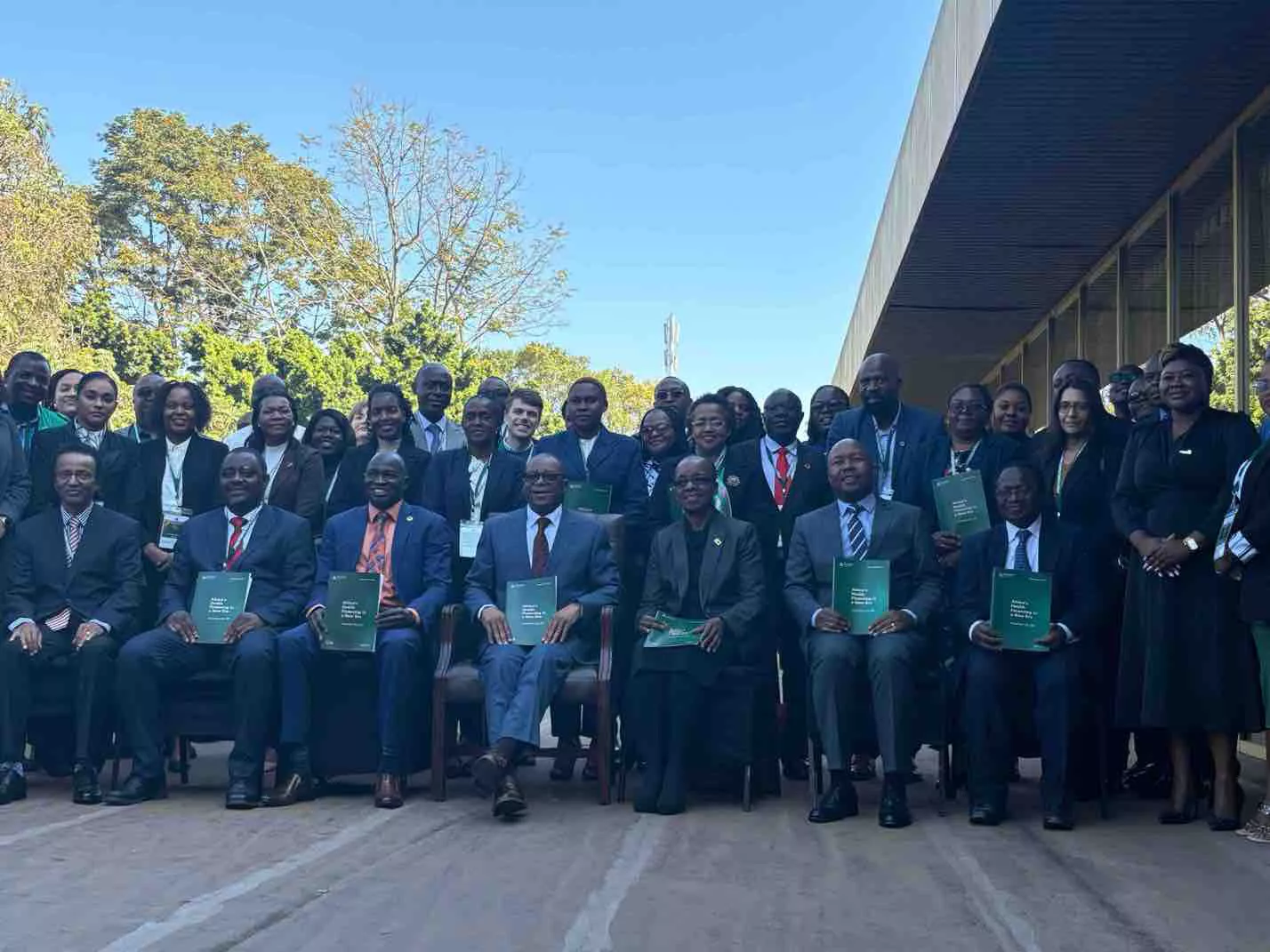By Byron Mutingwende and Patricia Mashiri
Disability should not be looked at as a charity case, Young Voices (YV) advocacy committee members said at their meeting to welcome new recruits in Harare.
“Being disabled does not mean one should be ignorant and demand goods from people. PWDs are not a charity case. We can work hard to earn a living without people donating to us. We need to enjoy our rights and not misuse them because we are all the same. Being disabled does not mean inability hence we should not be a charity case,” said Tinashe Mutero, the YV Chairperson for Harare.
LCDZ is leading the way in proving to society that PWDs can engage in self-help projects that can sustain them in their day-to-day lives. It has embarked on successful organic and fish farming projects spearheaded by persons with disabilities who put in their labour and expertise as a way of resilience-building.
“We initially had a blooming tomato project that we were running with PWDs. It really proved that disability is not inability. In the greenhouse at the moment, we have the best English cucumber in town and people are falling over each other to have our produce. Let alone our fresh fish bred from the best feeds!” said Desmond Moyo, an agronomist with LCDZ.
Wilfred Kavanji, a member of the YV who is visually impaired has recorded a gospel music album which promises to be a scorcher.
“I am visually impaired but that does not set a limit to my aspirations. I know I have a soothing voice and am willing to preach the Gospel of Jesus through music. Society may want to set some limits on what I can achieve but to me the sky is the limit,” Kavanji said.
A 23-year-old man who identified himself as John said he is running a successful small-scale enterprise in central Harare. He said his use of a wheelchair was not reason enough to stop him from importing clothes and phones from Dubai.
The Young Voices was started in 2008 with the aim of fighting for the rights of the young people with disabilities .
Ian Vambe, the Secretary of Young Voices who is in his final year as an Honours in English student at the University of Zimbabwe, pointed out that becoming the organisation’s member requires a lot of responsibility and the versatility to handle pressure.
“When you become a member of Young Voice you need to be to handle pressure. That skill is to our advantage because we will be able to market ourselves. We are youth advocates and the voice of the voiceless. Zimbabwe is a signatory of the United Convention on the Rights of People with Disabilities (UNCRPD) in which we must be able to articulate the issues concerning us,” Vambe said.
A respected media practitioner who preferred anonymity said media influences the everyday life discourse. To that end, it was important for journalists to use disability-friendly language when reporting issues to do with PWDs, he noted.
“The media should be pace-setters in using language that deals with stereotypes and demystify issues around disability. It should promote inclusivity accessibility of the differently-abled members of the community.
“The media should report fairly and balanced on various issues and topics. Journalists should strive to get two sides of the story so as to come up with fair reportage,” the media guru said.
Many media houses should use platforms which are friendly to the PWDs. These include the use of internet radio, sign languages on dramas and talk shows to ensure inclusivity.






